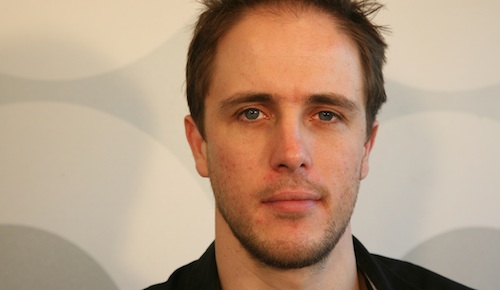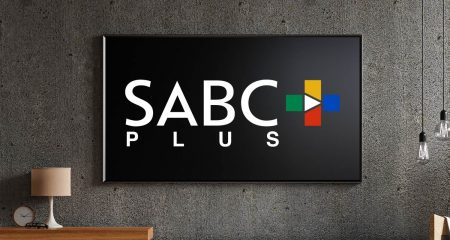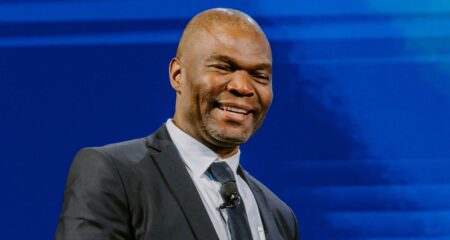
[By Alistair Fairweather]
Ten years ago it might have seemed like a match made in heaven: the world’s greatest software company teaming up with the world’s leading cellphone manufacturer. But when Nokia and Microsoft announced their partnership on 11 February, it seemed more like the last roll of the dice for two struggling giants.
It’s no secret that Nokia has been in trouble for years. It leads the world in pure market share, but nothing else. I wrote last year that Nokia was capturing less than a quarter of the world market’s profits, while Apple and RIM (which makes the BlackBerry) were scooping up over two-thirds of it.
Since then the situation has only got worse for the Finnish titan. It is losing market share at an alarming rate — over 8% in a single year — and profits are continuing to shrink. One major cause of its woes is its software platform, or platforms to be more precise.
New competitors like Apple’s iPhone, followed closely by Google’s Android platform, have proved that the future of cellphones is actually in mobile computing. In that market, software is every bit as important as hardware. But software has never been Nokia’s strong point and, thanks to years of indecision, Nokia has three platforms (not counting the many incompatible versions of each operating system), and it will now have a fourth with Windows Phone 7.
That matters because a huge component of the success of both the iPhone and Android platforms is the hundreds of thousands of applications (or “apps”) developed by third parties for them. Apple has sold over 10bn of these apps, and Android is hot on its heels. But third party developers will only bet on your platform if it’s stable, easy and popular — Nokia’s previous three platforms were none of those things.
So Windows Phone 7 makes complete sense, right? Wrong. Microsoft has, so far, been spectacularly unsuccessful in the mobile space. It has poured billions into projects such as the much derided Windows Mobile and the ill-fated Kin phone (which was pulled from shelves after only weeks in the market), and has almost nothing to show for it. Its mobile partners also have a nasty habit of either closing down or abandoning the good ship Microsoft soon after leaving port.
Windows Phone 7, with its slick touch-screen interface, is certainly an improvement over Microsoft’s previous attempts. But your grand entrance in your new outfit doesn’t matter if you arrive at the party after everyone else is already drunk. WP7 has to go from a standing start to competing with a market that has already spent four years maturing.
Regardless of whether it can make this new partnership work, Nokia has instantly alienated hundreds of thousands of developers and companies who spent time and effort developing apps for the Symbian platform. That includes thousands of Nokia employees, many of whom walked off the job after the announcement on Friday.
The market didn’t like the news either. Nokia’s shares fell 14% in a single day, despite Nokia CEO Stephen Elop hinting that Microsoft were paying billions for the privilege of putting their software on Nokia’s phones.
If this is true then Elop deserves some credit for engineering a very favourable short-term deal for Nokia. Microsoft are obviously so desperate for market share in the mobile sphere that they are willing to literally buy it.
In an internal memo, leaked to the press, Elop compared Nokia to a man standing on a burning oil rig, trying to decide whether to risk the icy waters below. Clearly he sees Microsoft as a life boat — not surprising since he used to work there.
But while the deal may prop up Nokia for a while, the rough seas of the mobile market are likely to overturn them both. Elop seems to think that the market is now a “three-horse race” between his company, Apple and Google. What he doesn’t want to admit is that the BlackBerry platform is already larger and more profitable than both Nokia and Microsoft Mobile. Third still sounds okay, but distant fourth sounds, well, desperate.
I may be wrong. The partnership may invigorate both companies and begin a new age of mobile computing. These companies are, together, worth more than a quarter of a trillion dollars and they have hundreds of millions of customers.
But, big as they are, neither of the partners has any experience in coming from behind. And neither of them has ever had to choose between the fire and the deep blue sea.
- Alistair Fairweather is digital platforms manager at the Mail & Guardian
- Visit the Mail & Guardian Online, the smart news source
- Subscribe to our free daily newsletter
- Follow us on Twitter or on Facebook




